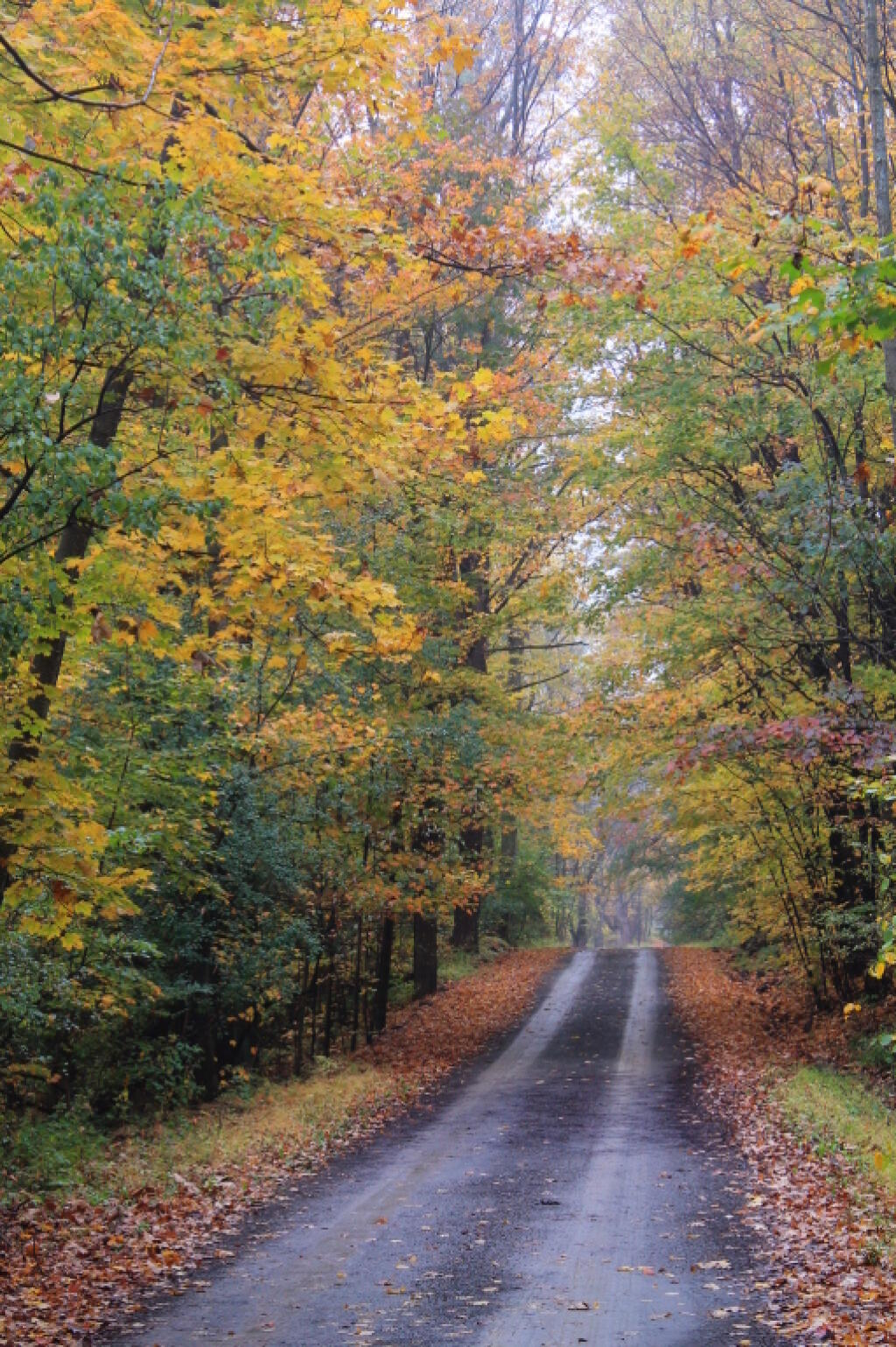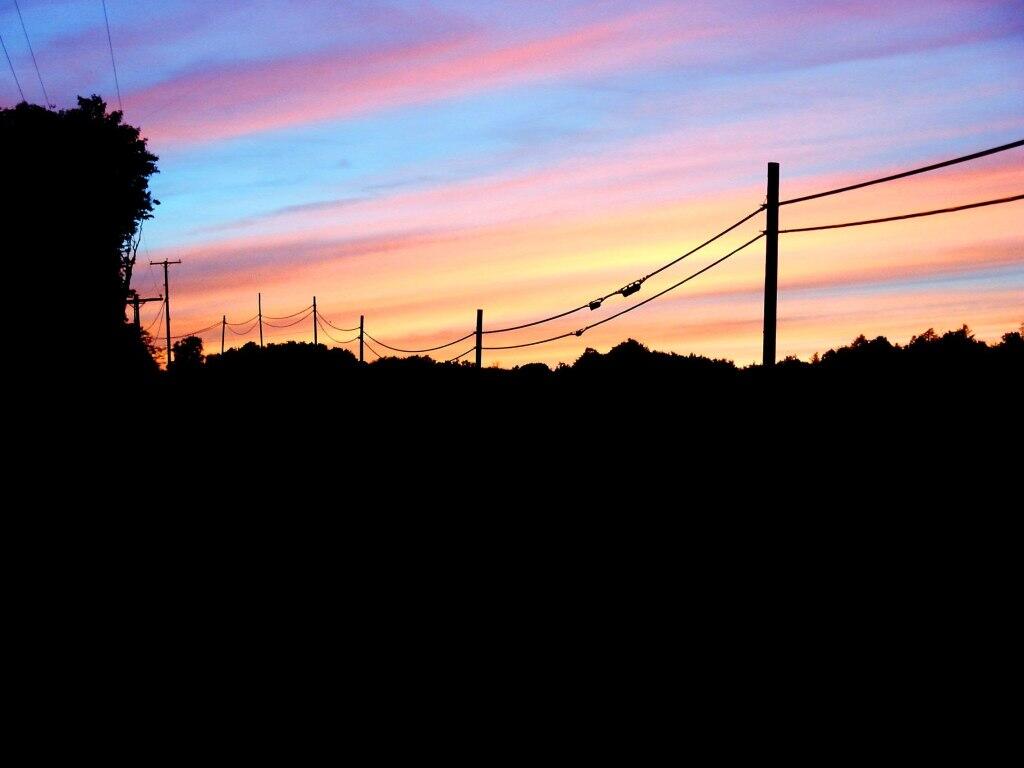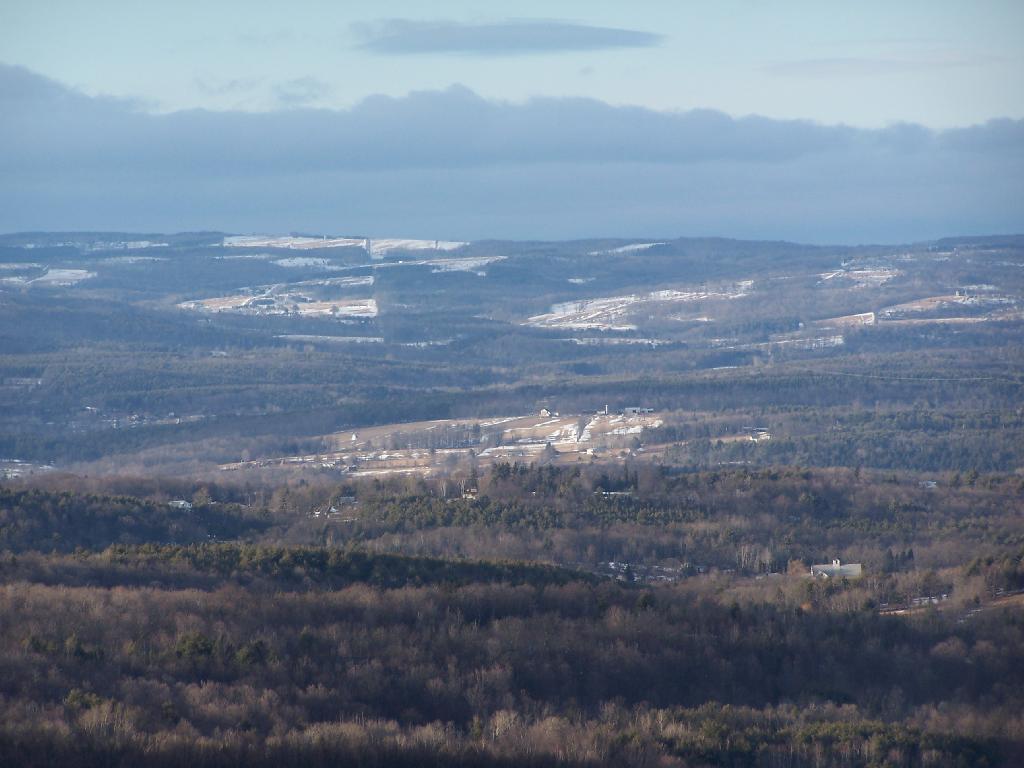There is a popular Internet meme that goes along these lines:
“I am poor. So when I hear my car making a noise,
rather then taking it to the repair shop, I just turn up the radio.”
This kind of reminds me of the hype over fracking for oil and gas. It was a good distraction for a while — and indeed the United States got a big boost in it’s oil production for a while — it seems like as fast as the oil glut came it is now going away. A booming global economy has expanded the world’s thirst for this economy, and with Middle East production on a decline, it seems like it’s only a matter of time that we remember the serious energy crisis our world faces in the future. ⛽
There are politicians all over that like to believe we live in a sea of oil, and that suburbia will last forever. Indeed, a good portion of the green minded people think that once we switch over to electric plug-in cars powered by distant solar cells, motoring can go on care free, with no concerns about the resources being consumed or emissions being produced away from the tailpipe. But at some point, no matter how long you stick year head into the ground, our long term habit of expanding the population and feeling richer by burning more oil each year, will come to bite us. 🐲
Nobody knows when the global oil crisis will truly bite us. High oil prices once again may spur conservation and innovation like new fracking techniques 🛢 but the truth is the oil fueled party can’t go on forever. I like my big jacked up truck, but I’m not stupid — I know the world of ever growing demand for oil is going to be confronted by reality at some point. And the next result isn’t going to be pretty. Climate change, expensive energy, massive reductions in consumption are going to be the future. While there may be some benefit to some, the next effect will be serious impacts to millions who are forced to make dramatic changes in how they live and go through life.



